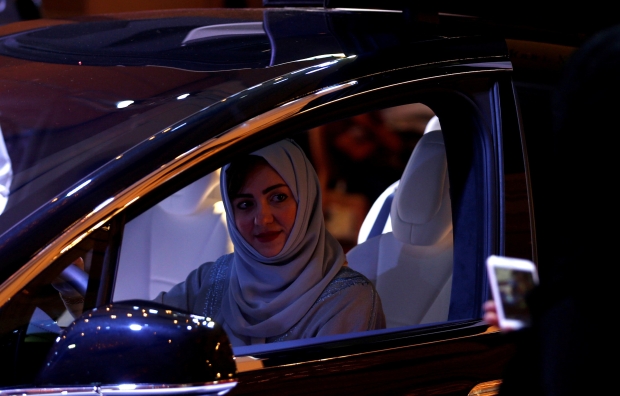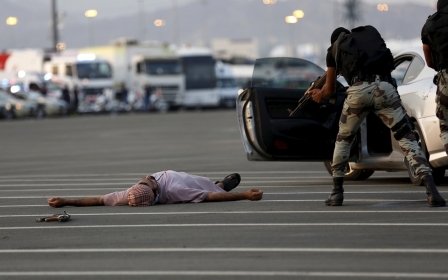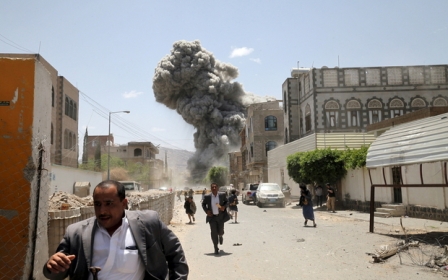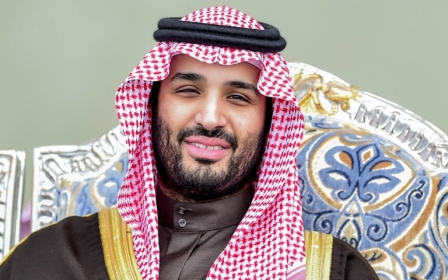Mohammed bin Salman's reforms can't disguise the grim Saudi reality
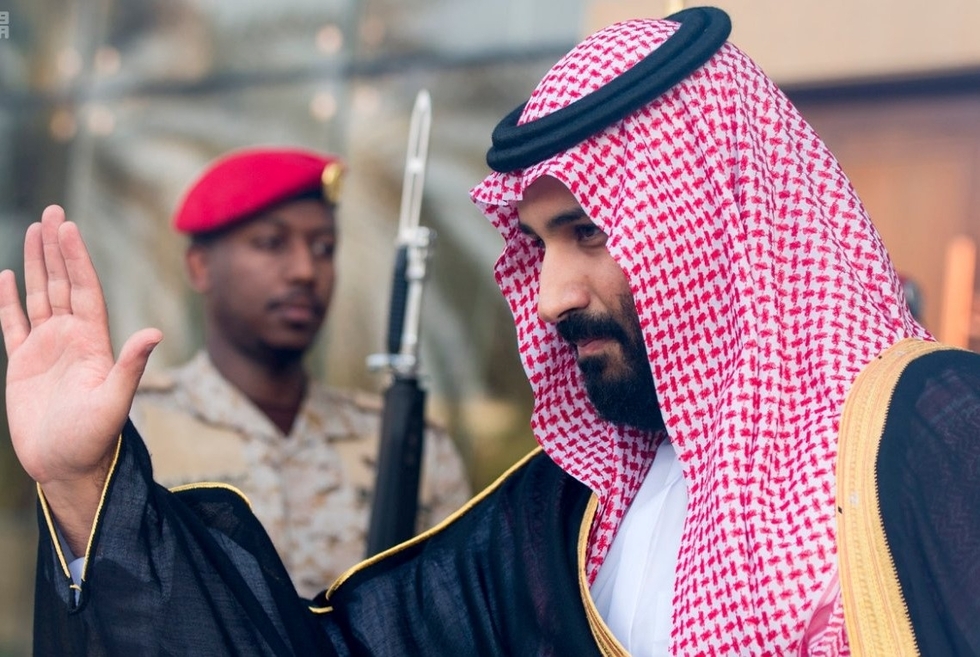
While the world - and global media - have been very taken by Saudi Arabia's announcement of lifting the ban on women driving, other more important developments taking place in the kingdom have not made global headlines. A fresh round of illegal detentions that has taken place recently included judges, preachers and media pundits as well as 21 Saudis for posting dissenting material on social media.
This is not the first time that Saudi public figures have been arrested and detained in undisclosed prisons without committing any crime. In mid-September Amnesty International issued a statement concerning a "wave of arrests" that included more than 20 figures, among them notable preachers well known and respected beyond Saudi Arabia.
Any specialist who follows Saudi policies will understand that the current crackdown is part of a larger pattern, whereby the new king to be, Mohammed Bin Salman, is setting the stage for himself to rule on a different platform from his predecessors who used religion as their primary legitimating paradigm.
International and local distractions
Last month, calls on social media for protests on 15 September, that were mainly against the economic austerity policies and corruption in the kingdom, were hardly surprising. In the second quarter of this year, the unemployment rate in Saudi Arabia jumped to 12.8 percent, while joblessness is more than 28 percent among Saudis aged between 20 and 29 years old.
This is a contrast to the optimistic economic plans laid out in "Vision 2030".
Saudi authorities did not only use the lifting of the ban on women driving as a local and international distraction, but also the commemoration of the 87th National Day of Saudi Arabia on 23 September served a similar purpose. The day, celebrated differently this year than in previous years, was marked by public raves, mixing of genders, dancing and singing. Such scenes were previously unthinkable for Saudi Arabia.
While lifting the ban on women driving would have been unimaginable a decade ago, Saudi authorities have gone much further by announcing in August its Sharia-free Red Sea resorts, an obvious contradiction to the nature of the political legitimacy in the kingdom.
Giving in to US pressure
Saudi Arabia is indeed witnessing a trend of eroding religious influence that manifests itself in many ways. One such example is the curbing of the powers of the Committee for Propagating Good and Forbidding Evil, more popularly known as the "religious police", while at the same time boosting the newly formed General Authority for Entertainment.
After all, Saudi Arabia has just managed to dodge the American Justice Against Sponsored Terrorism Act (JASTA), and has been fervently trying to prove its moderation to US President Donald Trump and his administration. Trump, who demonised Islam and was the Saudis' least favoured candidate in the US presidential elections, was later appeased at the Arab Islamic American Summit in Riyadh.
Saudi Arabia has clearly yielded to American pressure and is publicly beating around the bush when it comes to Israel
Trump considerably changed his tone on Islam on his return to the US with Saudi deals worth billions. Whether this materialises or not is another issue, but Trump promised the Americans many jobs and economic benefits.
One could speak more on Saudi compliance with American pressures to change its educational system, curb its charity work and Islamic education abroad. However it would be suffice to quote US Secretary of State Rex Tillerson speaking about Saudi Arabia in his confirmation hearing:
"These are centuries long differences that doesn't mean that we can’t affect them to change…the pace has been slow, slower than any of us wish. There is a change underway in the kingdom of Saudi Arabia… What I do believe is, it is moving in the direction we want it to move."
Recently, the handing over of the two Egyptian islands, Tiran and Sanafir, to Saudi Arabia, was in fact a highly significant move by Saudi Arabia (and Egypt) toward Israel. The two islands have no strategic value for Saudi Arabia. In fact, the biggest geostrategic winner of the deal is Israel, as the Gulf of Aqaba will become an international water way where it can sail through freely.
Additionally, as reported last May by the Wall Street Journal, the GCC countries have offered better relations with Israel in addition to talks about possible secret economic negotiations. There have also been recent rumours that a Saudi prince has visited Israel. Not to mention Bahrain’s rather bold move towards normalisation with Israel that must have had a Saudi seal of approval.
Consequences
Saudi Arabia has clearly yielded to American pressure and is publicly beating around the bush when it comes to Israel. It has chosen to give in to pressure from abroad and face down any domestic backlash.
While the current crackdown recalls a similar wave of arrests in the 1990s, the present situation is rather different: the religious establishment is not remotely as respected as it was under the former Saudi Mufti Bin Baz, who was esteemed by regime opponents although he promoted the state's legitimacy.
Back then there was no social media to express dissent and generally the region was much more stable. Furthermore the House of Saud was not fundamentally altering the social contract that the kingdom was built upon.
As the regime continues to erode its Islamic legitimacy, impose austerity policies and silences dissent, the future of Saudi Arabia looks grim.
- Mustafa Salama is a political analyst, consultant and freelance writer. Salama has extensive experience and an academic background in Middle East Affairs.
The views expressed in this article belong to the author and do not necessarily reflect the editorial policy of Middle East Eye.
Photo: Saudi Crown Prince Mohammed bin Salman waves during a welcoming ceremony for British Defence Secretary Michael Fallon in Jeddah, Saudi Arabia September 19 2017 (Saudi Press Agency/Handout via REUTERS)
New MEE newsletter: Jerusalem Dispatch
Sign up to get the latest insights and analysis on Israel-Palestine, alongside Turkey Unpacked and other MEE newsletters
Middle East Eye delivers independent and unrivalled coverage and analysis of the Middle East, North Africa and beyond. To learn more about republishing this content and the associated fees, please fill out this form. More about MEE can be found here.



